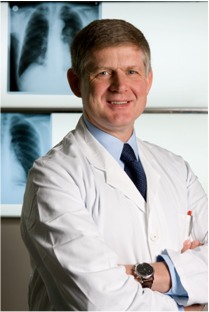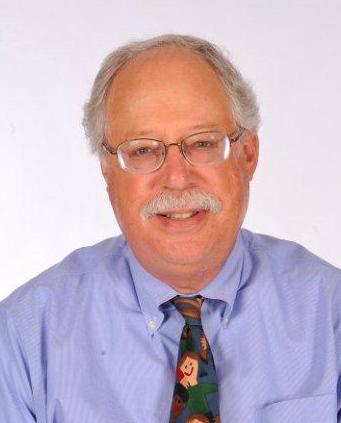Agnes Yong
Associate Professor Agnes Yong MBBCh(Hons) PhD MRCP (UK) FRCPath (UK) FRACP FRCPA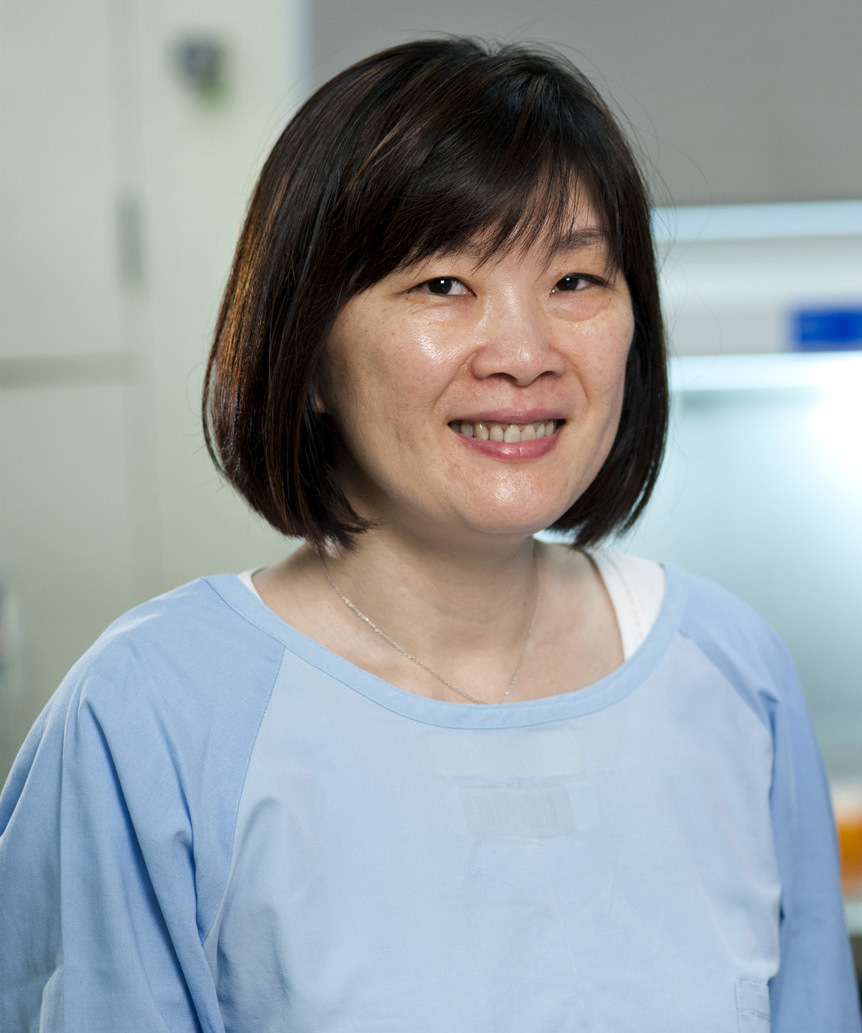
Clinical Associate Professor, University of Western Australia
Consultant Hematologist, Royal Perth Hospital
Senior Research Fellow, SAHMRI
Associate Professor Agnes Yong trained in Medicine at the Queen’s University of Belfast, UK. Following advanced training in clinical and laboratory haematology, and blood and marrow transplantation in London at the Hammersmith Hospital, she embarked on research on chronic myeloid leukaemia and obtained her PhD from The Imperial College, University of London.
After postdoctoral research at the National Institute of Health in Bethesda, Maryland, USA, she moved to Australia in 2010 and was Consultant Haematologist at the Royal Adelaide Hospital, with particular interests in chronic myeloid leukaemia, haematopoietic stem cell transplantation and survivorship. Agnes is also involved in clinical research in myeloma, leukaemia and lymphoma. She enjoys teaching and mentoring medical students and haematology trainees, and is a recipient of the Professor Derek Frewin AO citation for excellence in clinical teaching from the University of Adelaide.
Agnes moved to Perth in 2019 and is a Consultant Haematologist at Royal Perth Hospital, with affiliations at the University of Western Australia and the University of Adelaide. She is a recipient of multiple research grants, with multiple publications in chronic myeloid leukaemia and transplantation, and is Associate Editor of the British Journal of Haematology and Frontiers in immunology.
Andreas Hochhaus, MD
Universitätsklinikum Jena
Jena, Germany
Andreas Hochhaus is a Professor of Internal Medicine, Hematology and Oncology and interim Head of the Department of Hematology and Medical Oncology at the University Medical Center Jena in Germany. He was awarded the Endowed Professorship for Leukemia Research from the German José Carreras Leukemia Foundation in 2007.
He has been interested in treatment optimization of chronic myelogenous leukemia (CML) and has been involved in the management of the randomized CML Studies I-IV of the German CML Study Group for more than 19 years. His special interests are the molecular monitoring of minimal residual disease and mechanisms of resistance in CML, and targeted therapy in a variety of neoplastic disorders.
Dr. Hochhaus is investigator for the nilotinib, dasatinib and bosutinib phase II and phase III studies, has been participating in imatinib phase II and III studies and is conducting trials of imatinib combined with pegylated interferon alpha, lonafarnib and everolimus.
He is a member of the European Hematology Association, the American Society of Hematology, the American Society of Clinical Oncology, the International Society of Hematology, the International Association for Comparative Research on Leukemia and Related Diseases, and the German Society for Hematology and Oncology. He has published over 240 peer-reviewed papers and is regularly invited to speak at national and international symposia.
Andrey Zaritskey
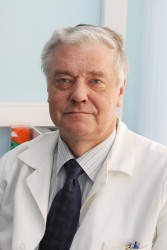 Andrey Zaritskey
Andrey Zaritskey
Saint-Petersburg, Russia
Andrey Zaritskey is Professor of hematology, Director of Institute of Oncohematology of Federal center of Heart, Blood and Endocrinology and lecture of Saint-Petersburg Pavlov state Medical University. He was graduated and post-graduated in Saint-Petersburg Pavlov State Medical University during 1967-1978 years. He has published more than 197 articles/abstracts in national and international journals. His scientific interest is the study of chronic myeloid leukemia and chronic lymphoproliferative neoplasms (chronic lymphocytic leukemia and Non-Hodgkin lymphomas), mesenchymal cell-haematopoietic cell interactions. He has been participating in nilotinib, dasatinib and bosutinib phase II and III international studies. He is one of the leaders in chronic myeloid and lymphatic leukemia in Russia, and deputy-chair of the scientific board of Russian Experts in chronic
myeloid leukemia.
Brian J. Druker, MD
Dr. Druker is director of the OHSU Knight Cancer Institute, JELD-WEN Chair of Leukemia Research at Oregon Health & Science University, and investigator of the Howard Hughes Medical Institute. Upon graduating from the University of California, San Diego School of Medicine in 1981, Dr. Druker completed his internship and residency in internal medicine at Barnes Hospital, Washington School of Medicine in St. Louis, Missouri. He then trained in oncology at Harvard's Dana-Farber Cancer Institute.
Dr. Druker then returned to the lab to begin his research career studying the regulation of the growth of cancer cells and the practical application to cancer therapies. He developed 4G10, an anti-phosphotyrosine antibody that was an essential reagent to scientists at Novartis in their kinase inhibitor drug discovery program. In collaboration with Novartis, his laboratory performed pre-clinical studies that were instrumental to the development of Gleevec (imatinib), a drug that targets the molecular defect in chronic myeloid leukemia (CML). After completing a series of preclinical studies, Dr. Druker spearheaded the highly successful clinical trials of imatinib for CML. Imatinib is currently FDA approved for CML, gastrointestinal stromal tumors (GIST) and five other cancers.
His role in the development of imatinib and its application in the clinic have resulted in numerous awards for Dr. Druker, including the AACR-Richard and Hinda Rosenthal Award, the Warren Alpert Prize from Harvard Medical School, the American Society of Hematology's Dameshek Prize, the Lance Armstrong Foundation's Pioneer of Survivorship Carpe Diem Award, the American Cancer Society's Medal of Honor, the Kettering Prize from General Motors Cancer Research Foundation, the David A. Karnofsky Award from the American Society of Clinical Oncology, the Robert-Koch Award, and the 2009 Lasker-DeBakey Award for Clinical Medical Research. He was elected to the Institute of Medicine of the National Academies in 2003, the American Association of Physicians in 2006, and the National Academy of Sciences in 2007.
Carolina Pavlovsky
Dr Carolina Pavlovsky, MD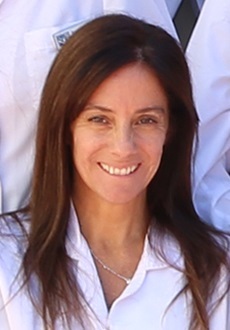
Fundaleu Hospital and Clinical Research Center
Buenos Aires, Argentina
Carolina Pavlovsky works as a hematologist at Fundaleu (Foundation to fight Leukemia) in Buenos Aires and serves as Head of the Research Department since 2010. She received her doctorate from the University of Buenos Aires and completed her training in internal medicine and hematology at the National Academy of Medicine in Buenos Aires.
Her main interests are chronic leukemias: molecular and clinical aspects. Since 2003, she has worked on multiple research protocols for chronic leukemias and is in charge of CML and CLL projects. Since 2005, she has coordinated an Argentine multi-center study on molecular monitoring in patients with CML and since 2011 she coordinates the clinical aspects of a new multi-centric study on mutational analysis of patients with CML and treatment failure. In June 2008, she undertook a training at the Department of Leukemias at the MD Anderson Cancer Center in Houston. In 2014 she obtained a Master's degree in Molecular Oncology from the National Cancer Research Center of Spain (CNIO) and the European School of Oncology (ESO).
Charles A. Schiffer, MD
Charles A. Schiffer, MD, is Professor of Medicine and Oncology at Wayne State University School of Medicine and the Karmanos Cancer Institute in Detroit, Michigan. He is the director of the Leukemia/Lymphoma Multidisciplinary Program.
Dr. Schiffer earned his BA cum laude at Brandeis University and his M.D. at New York University School of Medicine. He completed his internship, residency, and chief residency in Internal Medicine at Bellevue Hospital under the auspices of New York University School of Medicine and had subsequent training and positions at the Baltimore Cancer Research Institute, National Cancer Institute and the University of Maryland School of Medicine, where he served as Chief of the Division of Hematology. He has also served as Chief of the Division of Hematology/Oncology and Director of Clinical Research at the Karmanos Cancer Institute.
Dr. Schiffer has authored and co-authored more than 300 articles and 80 book chapters on topics concerning the treatment of leukemia in adults, platelet transfusion, and granulocyte transfusion therapy, among others. He has served on the Editorial Boards for Blood, the Journal of Clinical Oncology, International Journal of Hematology, Transfusion Medicine Reviews and Transfusion, and reviews articles for multiple journals. Committee memberships have included Chairman of the Leukemia Committee of the Cancer and Leukemia Group B, Chairman of the Food and Drug Administration Oncologic Drug Advisory Committee, and grant reviews for the NCI and Leukemia/Lymphoma Society of America. Dr. Schiffer has been named among American Health Magazine’s and Castle Connelly’s “Best Doctors in America,” “Best Cancer Specialists in the US.” In 2006, he received the Dr. John J. Kenney Award from the Leukemia/Lymphoma Society of America and the Celgene Award for Career Achievement in Hematology. He has received multiple teaching awards from Wayne State University and was recently inducted into the Academy of Scholars, the highest recognition accorded to academic faculty at the University.

